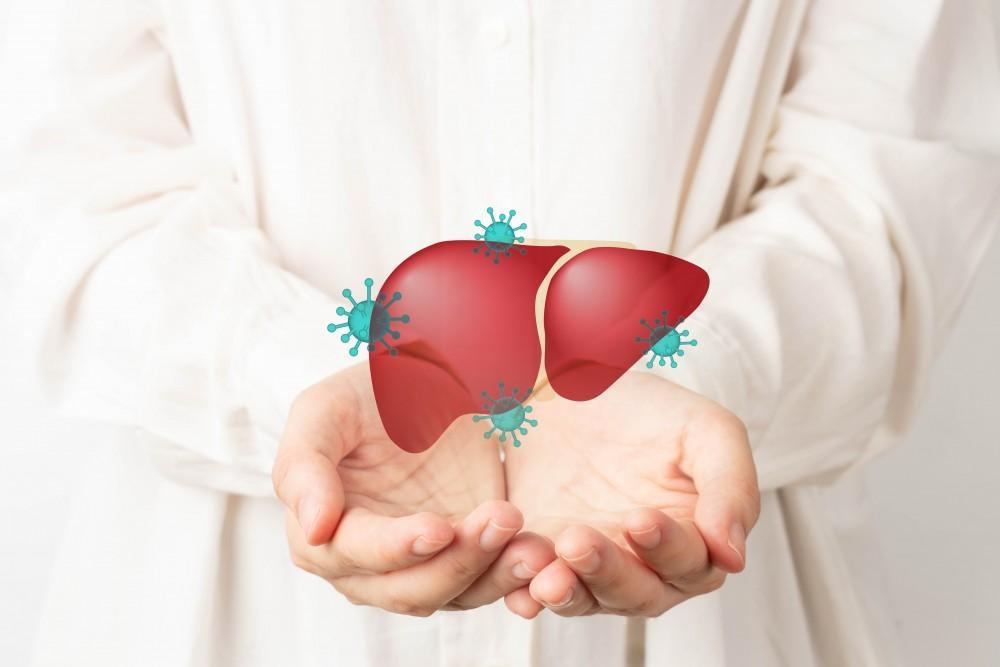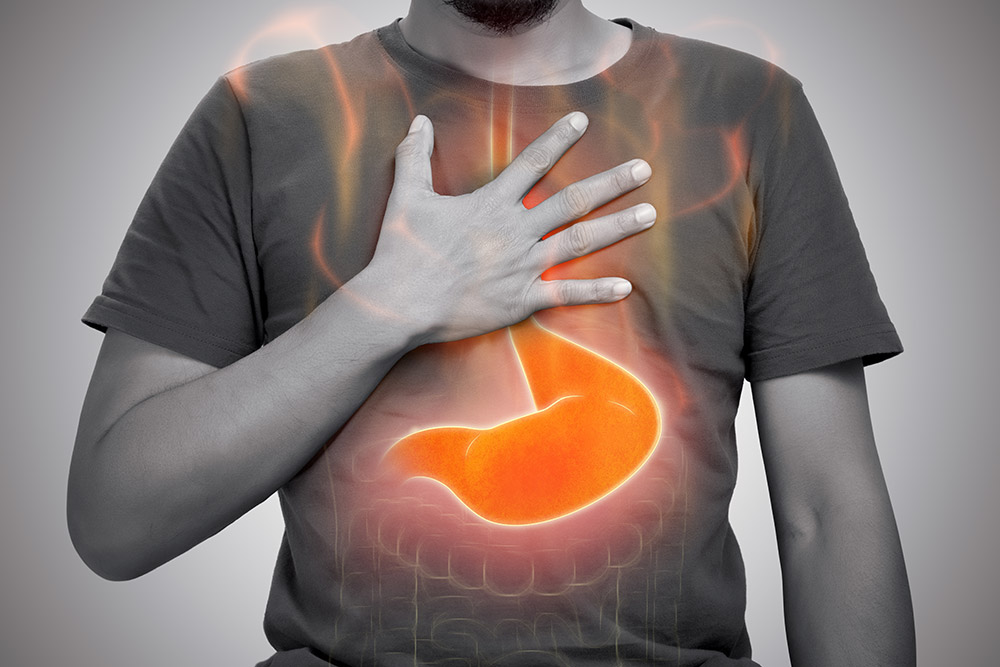Expert Treatment for Internal Hemorrhoids by Dr. Bharat Pothuri
Dr. Pothuri uses a step-by-step approach:
Medical History and Physical Exam
He'll discuss the onset, location, intensity and triggers of your pain, your diet, medication use (NSAIDs, aspirin), alcohol intake and any -red-flag- symptoms like weight loss or vomiting.
Laboratory Tests
Routine blood work checks for anemia, liver and pancreatic enzyme levels, and screens for H. pylori infection.
Imaging Studies
- Abdominal ultrasound to evaluate the gallbladder, liver and pancreas for stones or inflammation.
- CT scan of the abdomen if complications or alternative diagnoses (e.g., pancreatitis) are suspected.
Upper Endoscopy (EGD)
An endoscope is used to inspect the esophagus, stomach and duodenum for ulcers, erosions or gastritis and to obtain biopsies if needed.
Specialized Functional Tests
- pH monitoring or impedance testing to assess for gastroesophageal reflux.
- Gastric emptying study if gastroparesis is suspected.
Advanced Diagnostics (if needed)
Rarely, we may perform motility studies or obtain additional biopsies to rule out celiac disease, eosinophilic gastritis or other rare conditions.

Frequently Asked Questions
What are the signs of internal hemorrhoids?
Bright red blood on toilet paper or in the toilet, a painless bulge during straining, a feeling of fullness after bowel movements, itching around the anus, or mucus discharge.
How are internal hemorrhoids different from external hemorrhoids?
Internal hemorrhoids lie above the dentate line inside the rectum and usually don't hurt. External hemorrhoids form under the skin around the anus and can be tender or painful.
Can internal hemorrhoids be treated without surgery?
Yes. Dr. Pothuri offers non-surgical options like rubber band ligation, infrared coagulation, sclerotherapy, dietary changes, topical treatments, and stool softeners.
When should I see a doctor?
Schedule an evaluation if you notice rectal bleeding, severe pain, or if symptoms persist beyond two weeks of home care.
Are hemorrhoid treatments covered by insurance?
Most plans cover both diagnosis and treatment. Our team will verify your benefits and discuss any out-of-pocket costs before you proceed.
Will hemorrhoids come back after treatment?
Recurrence is possible, but adopting a high-fiber diet, staying hydrated, and following follow-up care can greatly reduce the risk of future flare-ups.
Do I need to prepare for in-office procedures?
Some procedures require a light bowel prep or enema. We'll provide clear, step-by-step instructions to ensure you're fully prepared.












